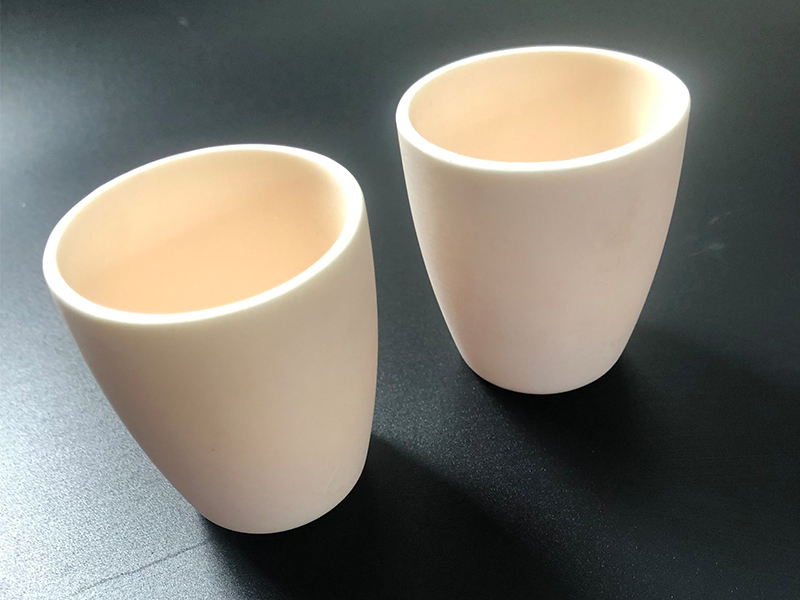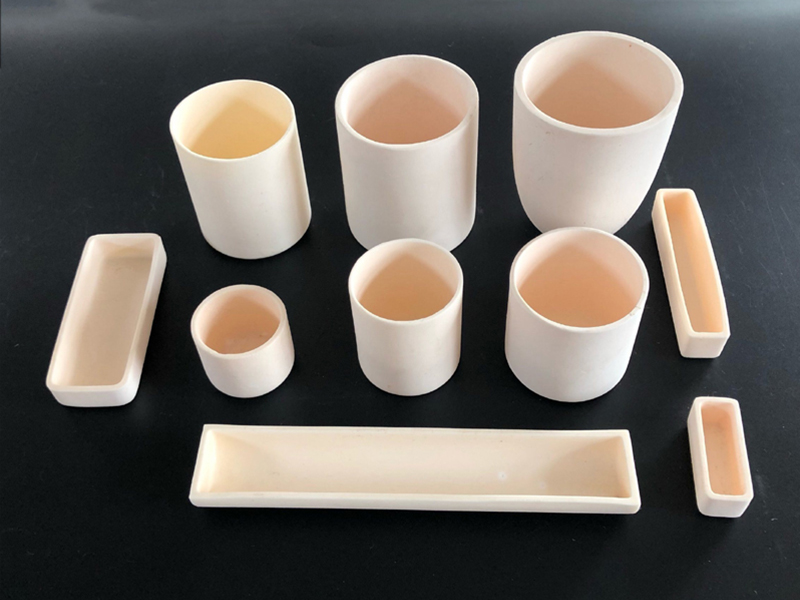1. High Thermal Stability:Alumina crucibles excel in maintaining structural integrity at elevated temperatures, withstanding heat up to 1600°C or higher depending on specific grades and formulations.
2. Chemical Inertness: Resistant to most acids, bases, and solvents, alumina crucibles provide a non-reactive environment essential for handling reactive substances and conducting precise chemical reactions.
3. Mechanical Durability: With superior mechanical properties, including high hardness and abrasion resistance, alumina crucibles exhibit remarkable resilience to physical stress, ensuring longevity and reliability in laboratory operations.
4. Uniform Heating: Their excellent thermal conductivity promotes uniform heating distribution, essential for consistent experimental results and minimizing temperature differentials within the crucible.
Send Email
More
Menu
- Home
- Products
- Alumina Ceramic Tube
- Alumina Ceramic Crucible
- Alumina Rectangular Trays
- Alumina Ceramic Rods
- Alumina Ceramic Plate
- Alumina Ceramic Beads
- Alumina Ceramic Parts
- News
- Company News
- Case
- Factory Show
- Factory Scale
- New factory construction
- Contact Us
- About Us
- Company Style
- Certificate
- Exhibition
- FAQ
- Service
- Delivery
- Responsibility
Search



